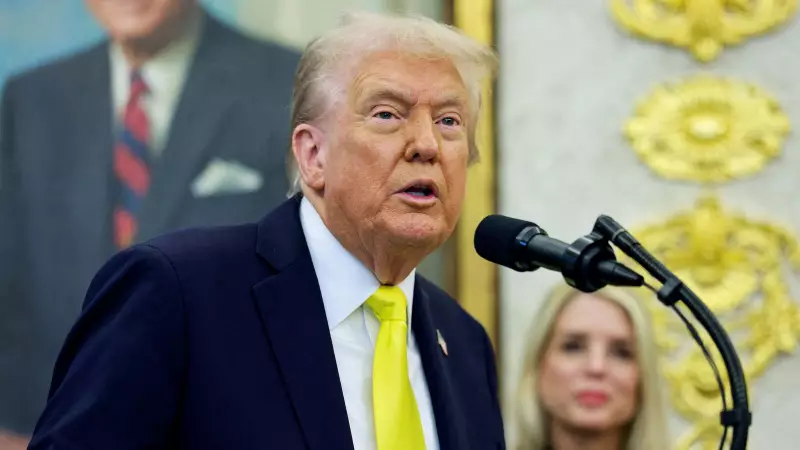
In a remarkable display of strategic energy diplomacy, India has turned Western sanctions against Russia into an unprecedented economic opportunity, saving billions of dollars while securing its energy needs. The transformation of India's oil import patterns since the Ukraine conflict represents one of the most significant shifts in global energy markets.
The Great Pivot: India's Russian Oil Revolution
Before the Ukraine conflict, Russian crude accounted for a negligible portion of India's oil imports. Today, Russia has emerged as India's top oil supplier, with imports skyrocketing from less than 1% to over 40% of India's total crude purchases. This dramatic shift didn't happen by accident—it was a calculated move by Indian refiners to capitalize on discounted Russian oil.
The Discount Game Changer
Indian companies, including Nayara Energy and major public sector refiners, leveraged substantial discounts on Russian crude—sometimes as high as $30 per barrel below market rates. This price advantage translated into massive savings for the Indian economy and helped cushion the impact of global inflation on Indian consumers.
Navigating the Sanctions Maze
Despite increasing pressure from Western allies, India has maintained its independent energy policy. The country has successfully argued that as a developing nation with massive energy needs, it must prioritize its economic interests and energy security.
Key factors in India's successful navigation include:
- Strategic use of non-dollar payment mechanisms
- Leveraging longstanding diplomatic relations with both Russia and Western nations
- Maintaining transparent business practices that comply with international law
- Diversifying import sources while maximizing cost benefits
The Economic Impact
The benefits of India's Russian oil strategy extend far beyond immediate cost savings. By reducing reliance on traditional Middle Eastern suppliers, India has gained significant bargaining power in global energy markets. This strategic positioning has:
- Reduced India's current account deficit
- Provided stability in domestic fuel prices
- Enhanced energy security through supplier diversification
- Strengthened India's position as a global refining hub
The Future Outlook
As global energy dynamics continue to evolve, India's flexible and pragmatic approach to energy procurement serves as a model for emerging economies. The country has demonstrated that it's possible to maintain diplomatic balance while aggressively pursuing national economic interests.
The ongoing transformation of India's energy imports represents more than just a temporary market adjustment—it signals India's growing confidence in shaping global energy narratives to suit its developmental needs.





